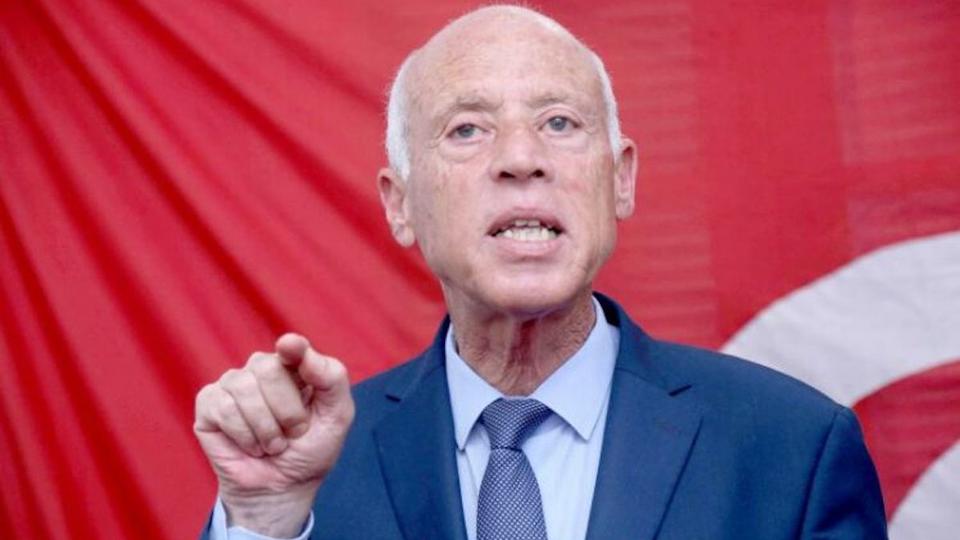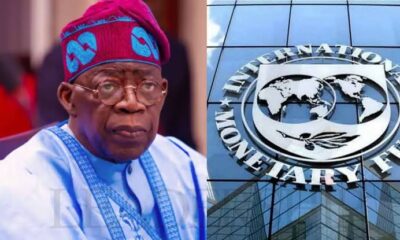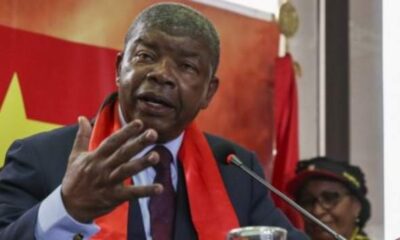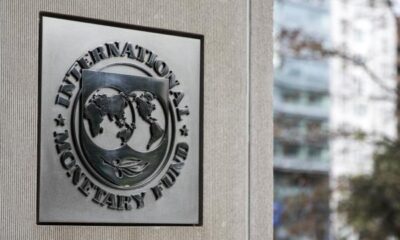Tunisia appears to have found a way around its revenue challenge with plans to raise taxes targeting the upper class in its society.
President Kais Saied on Thursday announced that additional taxes would be introduced as a stopgap measure ahead of an expected loan from the International Monetary Fund (IMF), whose “diktats” he rejects.
According to a press release from the presidency, President Saied maintained that the system of subsidies for basic products currently in place in the country benefitted everyone, including the wealthiest.
He revealed that the country was considering the idea of “taking the surplus money from the rich and giving it to the poor” to be relevant in its current situation.
“Instead of lifting subsidies in the name of rationalisation, it would be possible to introduce additional taxes for those who benefit from them without needing them”, he added.
Tunisia’s General Labour Union (UGTT), a few months ago, raised concerns over the proposed financial bailout by the IMF for the country. Labour officials during the May Day celebration criticised what they described as “an IMF government” as protesters chanted “No to colonization.”
Tunisia, which is indebted to the tune of roughly 80% of its GDP, received an agreement in principle from the IMF last year for a new loan of nearly $2 billion to assist it in overcoming its severe financial crisis.
However, discussions have come to a halt due to the country’s lack of a firm commitment to implement a reform programme to restructure Tunisia’s more than 100 public companies, which are heavily in debt, and to lift subsidies on certain basic products.
Italy has raised concerns over IMF’s decision to block a $1.9 billion loan to Tunisia amid fears it might lead to a new wave of migrants towards Europe.


 Politics2 days ago
Politics2 days ago
 VenturesNow2 days ago
VenturesNow2 days ago
 Metro2 days ago
Metro2 days ago
 Musings From Abroad2 days ago
Musings From Abroad2 days ago























